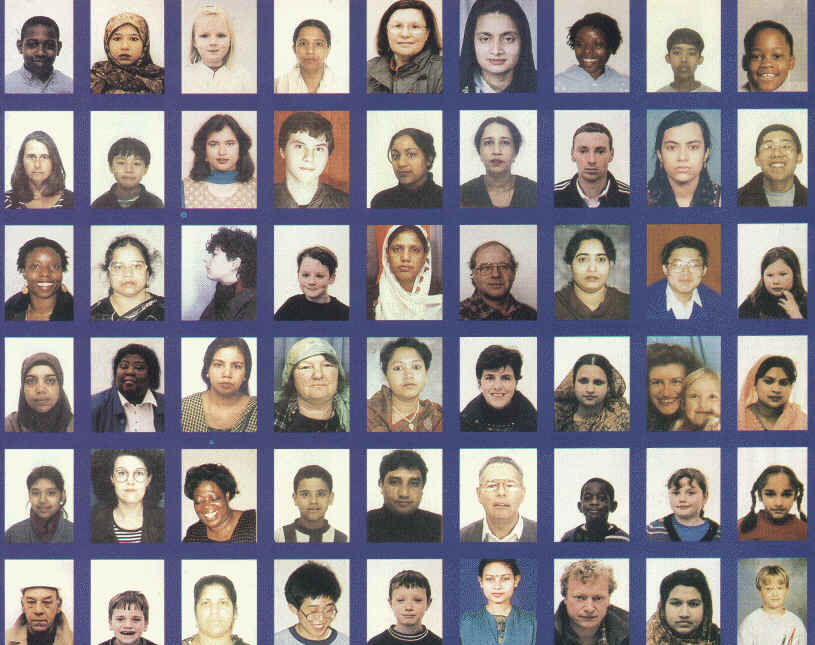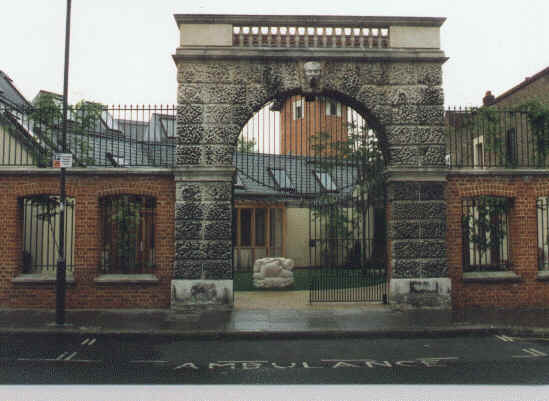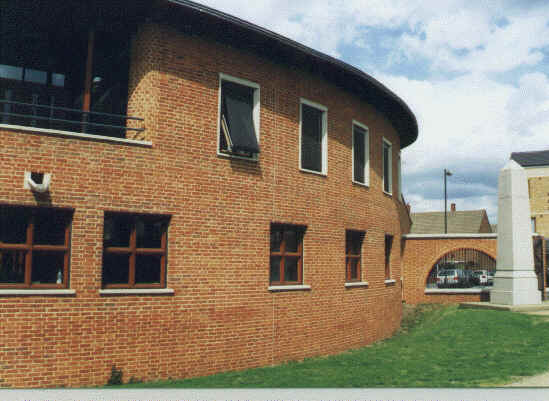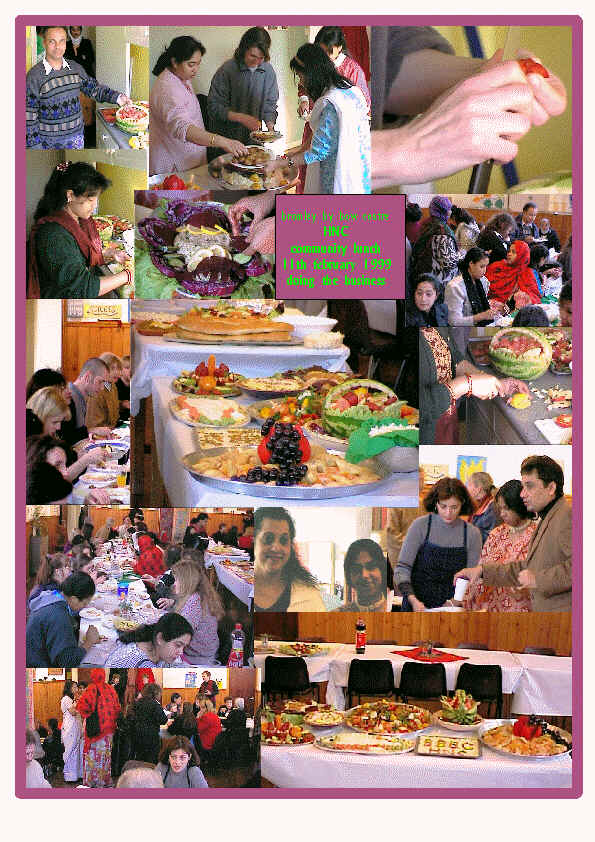

Bromley-by-Bow Centre
Bromley-by-Bow is one of the most deprived areas in the country in the UK, with multiple social problems. At the same time, there are great reserves of energy and ability in the local community. The Bromley by Bow Centre is a community organisation which runs a variety of projects in an integrated way -linking health with education and enterprise, for example, or environment with training and family support - to serve as a focus for that energy and ability and so to help regenerate the area.


What the Centre does
art
Professional artists based in dedicated workshops at the Centre are at the core of most of the Centre's activities.
bengali
Every week, several hundred members of the local Bengali bengali community take part in educational and cultural activities, encouraging a vibrant mixed environment at the Centre.
cafe
The Pie in the Sky Cafe is a self-financing business run from the Centre employing six people. Popular with local people, it also provides high-quality external catering.
church
Whilst it continues to be a separate organisation from the Centre, the Church is a core sanctuary around which the bustle of the Centre's activities revolve.
community care
Every weekday mixed groups of elderly and people with disabilities come to the Centre to participate in a 90-place programme of arts and health-related activity led by local volunteers, supported by trained professionals.
employment
At any one time over 150 local people are using the Centre's activities and resources to improve their skills and their chances of employment and self-employment.
health
The new Health Centre has been completed. It is pioneering a new approach to healthcare, integrating GPs and other health professionals with community projects.
nursery
This separate charity occupies imaginatively designed premises shared with Bromley-by-Bow Church. It is open all day, with 25 places for children from a variety of backgrounds, and runs a variety of projects for parents.
park
Local people, supported by horticulture professionals are restoring park the neighbouring park, previously semi-derelict, as a beautiful public space.
youth
Arts, sports and outdoor activities give to local young people a positive alternative to the street culture of drugs and crime.

Photo of Public Art Lunch, attended by 100 people.
HNC Public Art at The Centre
interview with Jill Malcom, training manager.
The HNC Public Art has at present 40 students at the Bromley by Bow centre. The HNC Public Art is only a small part of a much bigger jigsaw at The Centre. The following interview with Jill Malclom will give you an idea of how Barnet College and The Centre are combining Public Art, Health, Higher Education with community. All Students produce and manage three Public Art projects, attend a range of craft and skills workshops including computers. If they wish they can attend classes for learning English.
Q. What is the difference between the style of learning of the student on the HNC Public Art compared with a more traditional form of learning?
A. 'The Learning needs to start from where the student is rather than imposing a structure upon them. Many have a poor history of using formal or academic structures so the learning needs to be more organic'
Q. What is the difference between the role of the lecturer compared to a more College/studio based programme?
A. 'The lecturer needs to get involved with each student to find out what their skills, likes, aptitudes are and also what they find challenging and then structure a course around them rather than the student having to adapt to fit the course.'
Q. What is the value of visiting a student in their home?
A. 'The learning process for a student needs to incorporate their whole life rather than just one small part of it. It is very useful to find out what constraints are placed upon a student by their home environment such as childcare, dependant's care/ lack of space to work. It also promotes a closer relationship with the lecturer.'
Q. Can we define our style of teaching delivery of the programme?
A. 'Creative, flexible, organic, personalised.'
Q. What is the final outcome for the student on the programme?
A. 'To feel that the process has been valuable and worthwhile. To feel they have developed their creative and managerial skills and they have been accredited. To feel they can gain employed, be self-employment or continue their higher education.'
Q. Do you have any suggestions for future developments?
A. 'More interactive meetings between college, community and staff to learn from one another.'
For more information please contact Jill, Bromley-by-Bow Centre, 1 Bruce Road, London, E3 3HN, UK . Tel: 0181 980 4618